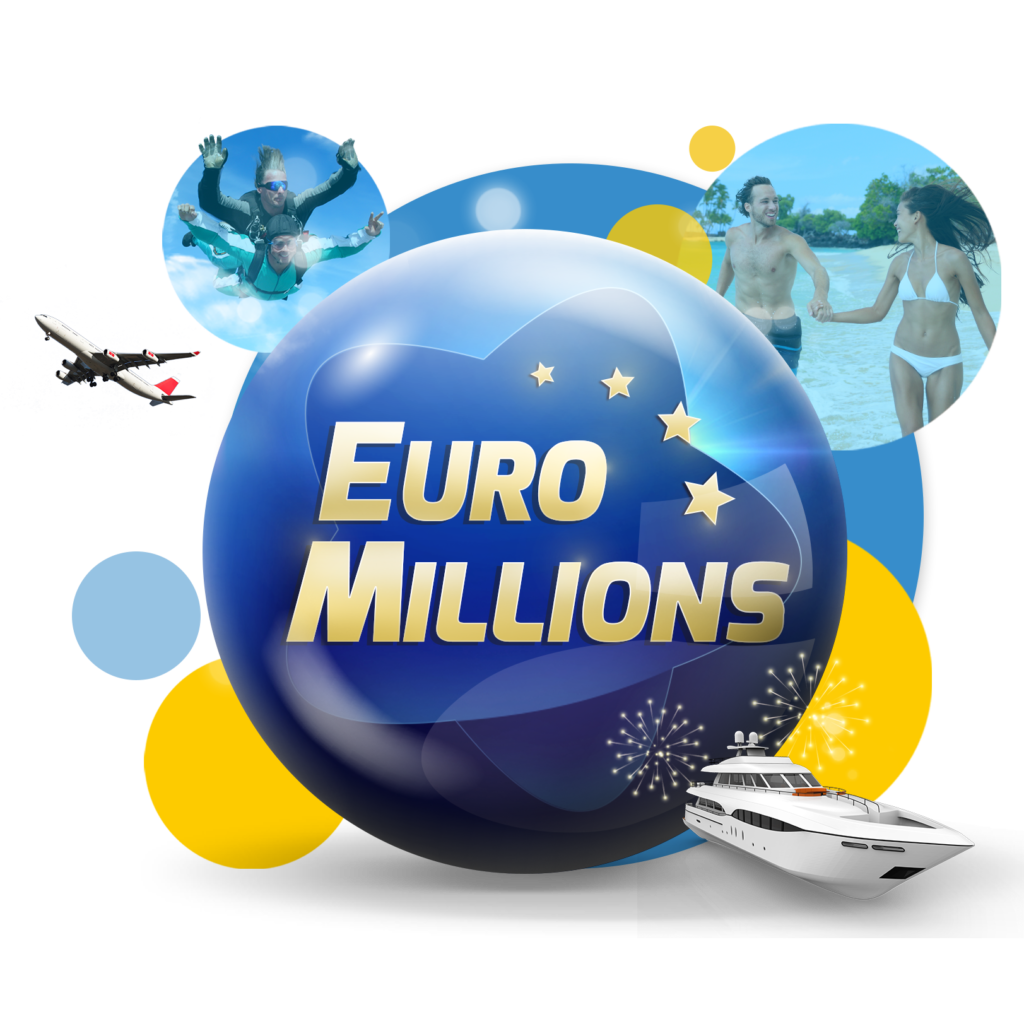
 The player selects two different lucky star numbers from a pool of 12 numbers.ĭraws take place at 20:45 every Tuesday and Friday in Paris. The player selects five main numbers which can be any number from 1 to 50. 9 Email scams making use of EuroMillions brand name. On the same day, in Ireland and Spain it rose to €2.50 per line.įrom 24 September 2016, the number of lucky stars changed from a pool of 11 to a pool of 12 numbers, decreasing the jackpot-winning odds from 1:117million to 1:140million.Īll prizes, including the jackpot, are tax-free (except in Switzerland, Spain and Portugal, since 2013) and are paid as a lump sum. On 24 September 2016, the cost per line increased from £2.00 to £2.50 in the UK. The cost of playing in the UK increased from £1.50 to £2.00 per line on 7 November 2009, due to the EUR/ GBP exchange rate and automatic entry into its Millionaire Raffle. As of February 2014, a non-optional addition called "My Million" in France adds €0.50 per line, while in Portugal it is called "M1lhão" and represents €0.30 of the whole €2.50 bet. Ireland has an exclusive option called Plus, which adds €1.00 per line. A standard EuroMillions ticket costs €2.50, £2.50 or CHF3.50 per line played, but this depends on the local currency. Initially, only the UK, France and Spain participated, with the Austrian, Belgian, Irish, Luxembourgish, Portuguese and Swiss lotteries joining for the 8 October 2004 draw.ĭraws are held every Tuesday and Friday night at 20:45 CET in Paris.
The player selects two different lucky star numbers from a pool of 12 numbers.ĭraws take place at 20:45 every Tuesday and Friday in Paris. The player selects five main numbers which can be any number from 1 to 50. 9 Email scams making use of EuroMillions brand name. On the same day, in Ireland and Spain it rose to €2.50 per line.įrom 24 September 2016, the number of lucky stars changed from a pool of 11 to a pool of 12 numbers, decreasing the jackpot-winning odds from 1:117million to 1:140million.Īll prizes, including the jackpot, are tax-free (except in Switzerland, Spain and Portugal, since 2013) and are paid as a lump sum. On 24 September 2016, the cost per line increased from £2.00 to £2.50 in the UK. The cost of playing in the UK increased from £1.50 to £2.00 per line on 7 November 2009, due to the EUR/ GBP exchange rate and automatic entry into its Millionaire Raffle. As of February 2014, a non-optional addition called "My Million" in France adds €0.50 per line, while in Portugal it is called "M1lhão" and represents €0.30 of the whole €2.50 bet. Ireland has an exclusive option called Plus, which adds €1.00 per line. A standard EuroMillions ticket costs €2.50, £2.50 or CHF3.50 per line played, but this depends on the local currency. Initially, only the UK, France and Spain participated, with the Austrian, Belgian, Irish, Luxembourgish, Portuguese and Swiss lotteries joining for the 8 October 2004 draw.ĭraws are held every Tuesday and Friday night at 20:45 CET in Paris. 
The first draw was held on 13 February 2004 in Paris. It was launched on 7 February 2004 by France's Française des Jeux, Spain's Loterías y Apuestas del Estado and the United Kingdom's Camelot.

EuroMillions is a transnational lottery that requires seven correct numbers to win the jackpot.







 0 kommentar(er)
0 kommentar(er)
